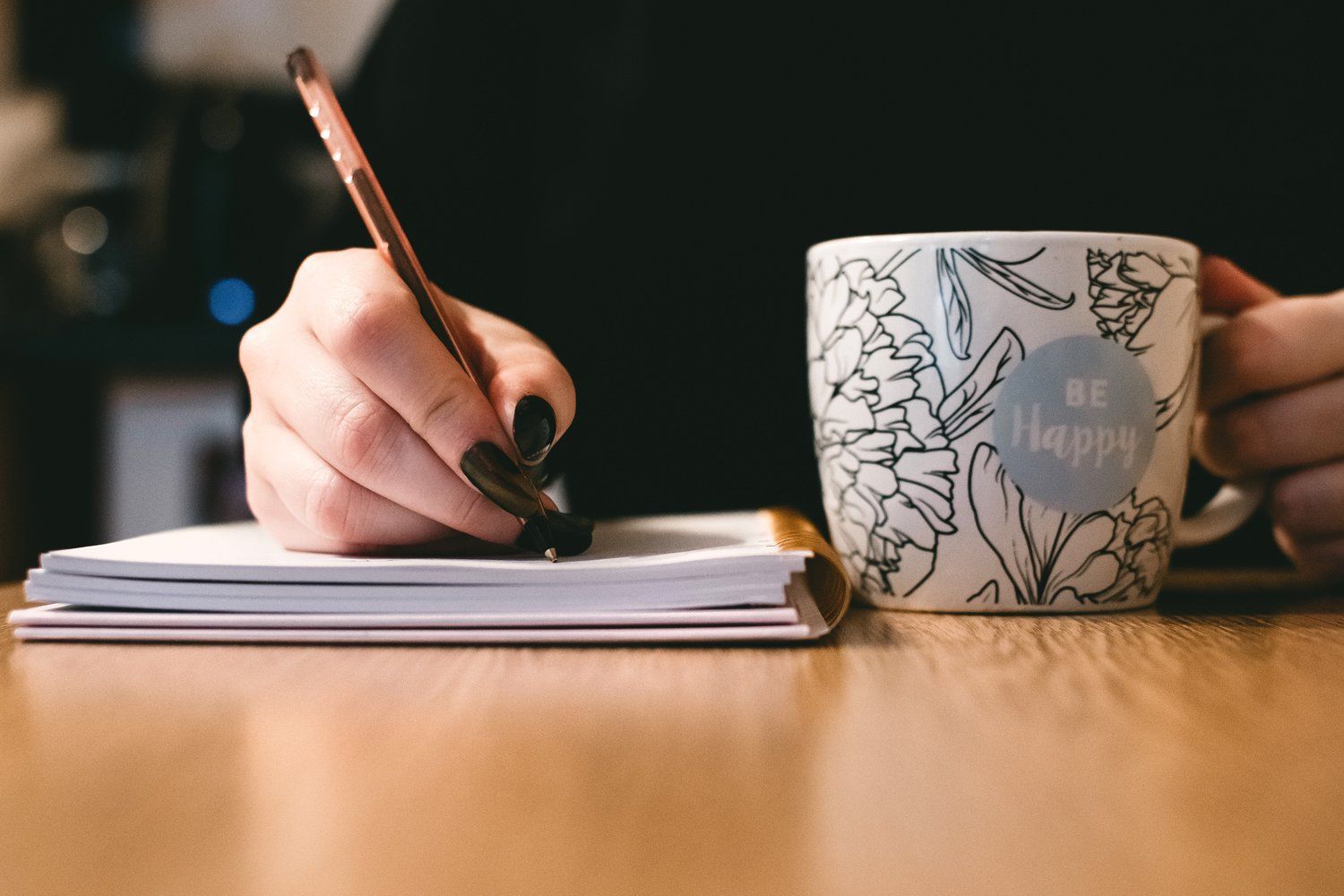Explore Our Blog
The Power of Journaling in Recovery
Advance Minds Blog
A safe space to explore subjects within the community such as mental health, substance abuse and personal identity.
Our safe space also provides the opportunity for real individuals to express their hardships and success through writing.
Write your way to healing, clarity, and growth, recovery involves more than stopping a substance.

it’s about understanding yourself on a deeper level.
That’s where journaling comes in.
Journaling gives you a private, judgment-free space to:
🧠 Process thoughts and emotions
❤️ Track progress and patterns
🪞 Reflect on triggers and triumphs
🎯 Set goals and intentions
💥 Release stress and mental clutter
Writing can help untangle the noise in your mind and make sense of what you're feeling — especially when talking out loud feels too hard.
🔍 Getting to Know the Real You
Addiction can blur your identity.
You may lose sight of who you are, what you feel, and what you need.
Through journaling, you begin to reconnect with:
👤 Your values
🎨 Your creativity
📍 Your emotional triggers
🧭 Your desires
🔄 Your cycles of behavior
This isn’t about perfect grammar or polished sentences — it’s about getting real and being honest with yourself.
📓 Journaling Prompts That Support Healing
If you’re not sure what to write, try prompts like:
🗯 “What am I feeling right now — and why?”
📆 “What happened today that challenged my recovery?”
🌱 “What small win am I proud of today?”
❓ “What do I need more or less of in my life?”
🪞 “What would I say to my past self who was struggling?”
Prompts help you dig deeper and keep your journaling focused when your mind feels scattered.
💡 Different Ways to Journal
There’s no right or wrong way to journal.
Find what works for you:
🖊 Stream-of-consciousness (just write whatever comes to mind)
📚 Gratitude journal (focus on what you’re thankful for)
📆 Recovery tracker (moods, cravings, triggers, wins)
🎨 Art journal (draw, doodle, or collage your feelings)
🎙 Voice notes (if writing isn’t your thing)
The goal is self-expression — not perfection.
🔁 Journaling as a Daily Recovery Tool
Incorporating journaling into your routine can:
🧘 Reduce anxiety
🔄 Help you pause before reacting
🚧 Reinforce boundaries and goals
🌤 Show you how far you’ve come
❤️ Give you a deeper connection with yourself
Even 5–10 minutes a day can make a huge impact over time.
Final Thoughts ✨🧩
Recovery is messy, emotional, and personal.
Journaling lets you make space for all of it — without shame, filters, or fear.
Your story deserves to be told — even if it’s just to yourself.
Your thoughts deserve room to breathe.
And your healing deserves to be witnessed — one page at a time.

















